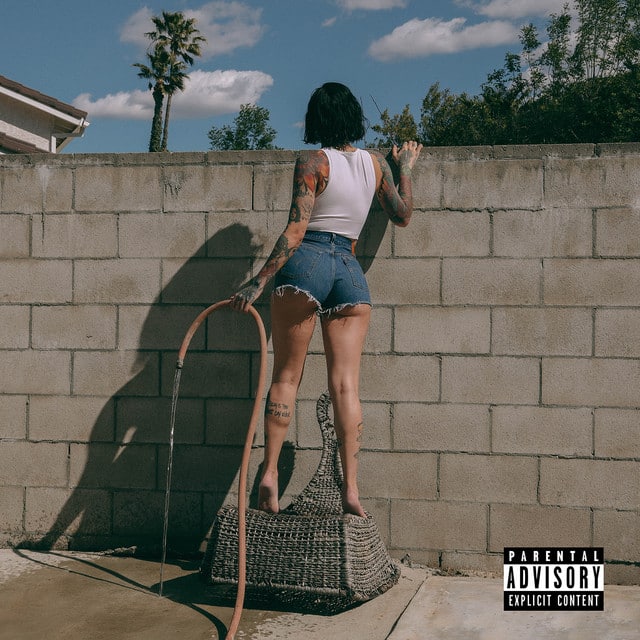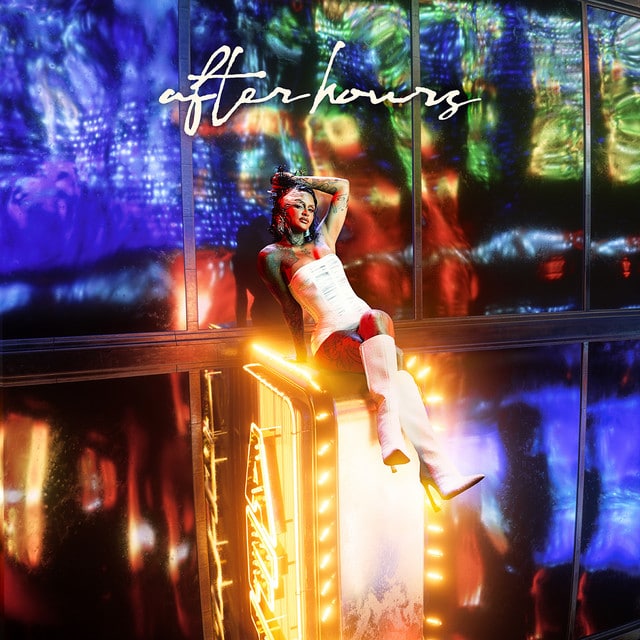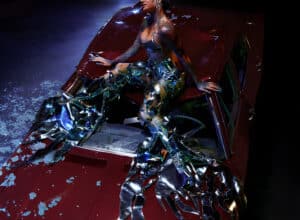Released: 2025
Kehlani’s song “Folded” centers on the theme of reconciliation and longing. The lyrics portray a conflicted heart torn between pride and a yearning to rekindle a past relationship, with an underlying sense of regret and hope for renewal. As she sings, she oscillates between the strength to let go and the vulnerability of holding on.
The chorus, repeated several times throughout the song, captures the emotional tug-of-war: “So come pick up your clothes, I have them folded.” This metaphor of having clothes “folded” symbolizes her readiness to wrap things up neatly, but it also hints at an eagerness for a fresh start. By having his belongings prepared, it suggests a physical manifestation of wanting closure or continuation, and the folding serves as an act of love, intimacy, and care.
Kehlani starts with an introspective admission, “It’s so silly of me to act like I don’t need you bad,” setting the tone for vulnerability. She recognizes her pride got in the way of what her heart truly desires—her former partner. She candidly admits to missing the person and contemplates whether the decision to walk away was necessary.

Throughout the verse, there’s an apparent conflict between wanting to seem strong and independent versus acknowledging that her partner is essential. Lines like, “I know I didn’t have to walk away,” reflect a yearning to communicate and a realization that a conversation or request for space might have sufficed.
Her repetition of “I’ll let your body decide if this is good enough for ya” speaks volumes about her uncertainty and her willingness to give control to her partner to determine the fate of their relationship. It’s a striking moment where Kehlani is vulnerable and admits her hesitation and need for reassurance.
There’s also an exploration of physical versus emotional coldness, captured in the line “I know it’s getting cold out, but it’s not frozen.” It conveys that while their relationship may be cooling off, there is still potential for warmth and reconnection.
The line, “No matter what you do to switch the story up, I know I made my mark,” expresses a certain defiance, hinting that regardless of how the narrative may change, she knows her impact on her partner’s life remains undeniable. It’s a reflection on her confidence in the emotional bond they once shared.
Kehlani longs for sincerity, requesting “no more empty promises” and harkening back to when their relationship was pure and full of genuine love, as in “Can’t you go back to how you loved on me when you started?” It underlines her desire for authenticity over grand gestures.
In her lyrical narrative, she further elaborates, “You should be giving me love all damn day, ‘Til the day is done,” demanding an intensity of love and dedication that mirrors the investment she’s willing to give. Her ask is for mutual, unwavering commitment, which she views as the foundation of a fulfilling relationship.
Ultimately, “Folded” is a complex blend of emotion, reflection, and hope. It explores themes of love, regret, and reconciliation. Kehlani navigates the stormy seas of heartache with a profound vulnerability, searching for closure or a new beginning, and ends with an invitation for her partner to return before it’s too late. It’s both a nostalgic reminiscence and a hopeful call for the continuation of what once was, grounded in her willingness to fold her own pride.








